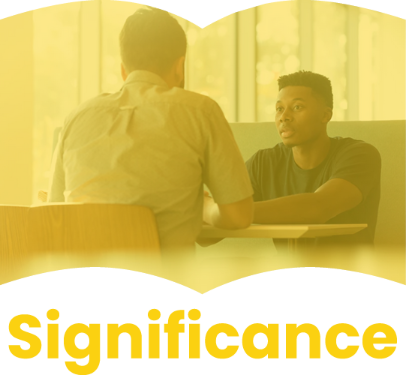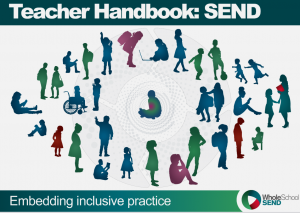
Introducing Assessment Dialogues
The CCF recognises that ‘effective assessment is critical to teaching because it provides teachers with information about pupils’ understanding and needs. Good assessment helps teachers avoid being over-influenced by potentially misleading factors, such as how busy pupils appear. Before using any assessment, teachers should be clear about the decision it will be used to support and be able to justify its use. To be of value, teachers use information from assessments to inform the decisions they make; in turn, pupils must be able to act on feedback for it to have an effect. High-quality feedback can be written or verbal; it is likely to be accurate and clear, encourage further effort, and provide specific guidance on how to improve. Over time, feedback should support pupils to monitor and regulate their own learning. Working with colleagues to identify efficient approaches to assessment is important as assessment can become onerous and have a disproportionate impact on workload.’
Good assessment practice allows teachers and schools to move teaching and learning forward, and to maximise pupils’ achievement
Many new teachers assume that ‘assessment’ means taking a test, but of course assessment is broader than that.
It is useful for them to know that there are two main ways that assessment can be used to inform educational practices: formative (what does the pupil know and next steps) and summative (what has the pupil learned). It is important that beginning teachers are aware of the significance of the difference between these, as well as the vast array of strategies that fall under the banner of assessment.
In relation to inclusive pedagogy and assessment, reference to the graduated approach can be significant. Pages 115-118 of the handbook provide some helpful insights in this regard. Additionally the engagement model on page 131 might be helpful to reference.

These questions may help you to explore, evaluate and elaborate your trainees professional understanding in relation to assessment.
- In what ways do you consider assessment opportunities when you are planning?
- How do you know if your marking / feedback supports individuals or groups of pupils to make progress?
- What do you use to justify your selection of specific assessment strategies?
- How could you productively use assessment information to adapt your lesson plans?
- Why might it be important to ensure that your pupils know what success looks like?
- How can I assess a pupil’s learning needs?

A great introductory article for you both to discuss can be found here.
The Education Endowment Foundation has some useful guidance for you both to evaluate. This can be found here.
Some useful watching could include
These short videos to introduce trainees to the idea of assessment for learning (AfL).
In this 2-minute video Dylan Wiliam reviews the nature of formative assessment and explains how teachers can use it to gain better insights into pupils’ learning and achievement.

